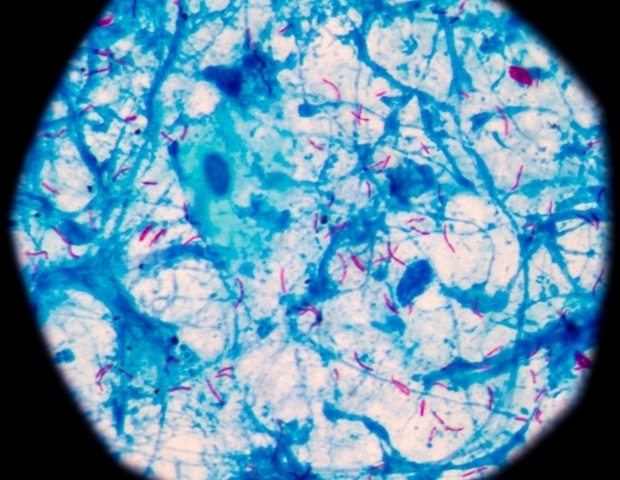A new consortium co-led by Weill Cornell Medicine, has been awarded a five-year, $31 million grant from the National Institutes of Health's National Institute of Allergy and Infectious Diseases to accelerate the development of faster, more effective treatment regimens for tuberculosis (TB). Investigators at the University of California, San Francisco; Johns Hopkins Medicine; and Vanderbilt University Medical Center comprise the other co-leads. The Preclinical Design and Clinical Translation of TB Regimens (PreDiCTR) consortium brings together more than 30 multidisciplinary investigators from 20 institutions in 6 countries.
They aim to identify the most promising new and existing treatment combinations for the disease and help advance them toward clinical trials. One of the key goals is to reduce the time patients spend in therapy to be cured of TB. Some progress has been made shortening the even longer regimens needed to treat drug resistant strains, but faster regimens for drug-sensitive strains of the disease are desperately needed.

" Dr. Dirk Schnappinger, professor of microbiology and immunology at Weill Cornell Medicine and one of the study's four co-principal investigators Worldwide about 10 million people develop TB and about 1. 5 million die each year from the disease, according to the World Health Organization.
Despite the availability of curative antimicrobial therapies, disease control and eradication has proved elusive. A lack of new drug development and long and a.























